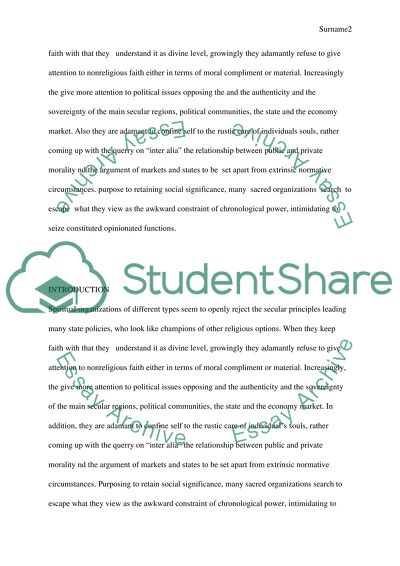Cite this document
(“Religion in State Politics: Explaining Incorporation Essay”, n.d.)
Religion in State Politics: Explaining Incorporation Essay. Retrieved from https://studentshare.org/politics/1496699-religion-in-state-politics-explaining-incorporation
Religion in State Politics: Explaining Incorporation Essay. Retrieved from https://studentshare.org/politics/1496699-religion-in-state-politics-explaining-incorporation
(Religion in State Politics: Explaining Incorporation Essay)
Religion in State Politics: Explaining Incorporation Essay. https://studentshare.org/politics/1496699-religion-in-state-politics-explaining-incorporation.
Religion in State Politics: Explaining Incorporation Essay. https://studentshare.org/politics/1496699-religion-in-state-politics-explaining-incorporation.
“Religion in State Politics: Explaining Incorporation Essay”, n.d. https://studentshare.org/politics/1496699-religion-in-state-politics-explaining-incorporation.


